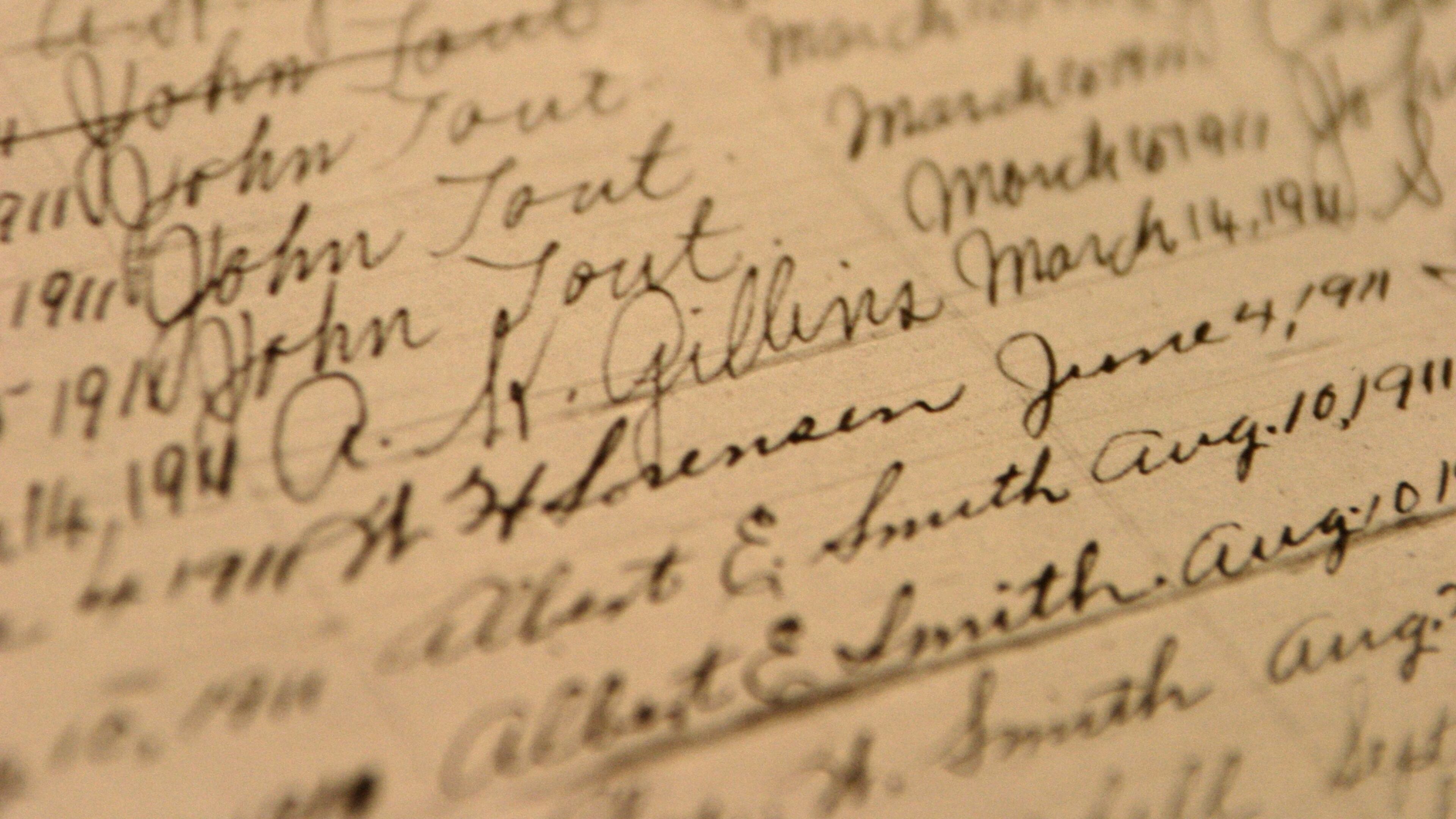Georgia Day celebrates the state’s founding 286 years ago

February 12 is the anniversary of the founding of the colony of Georgia in 1733.
It’s not as celebrated as it used to be. But there are many great books that recount the settlement of Georgia, the last of the original 13 colonies established by the British. It filled in the no-man’s land between the colony of South Carolina and Spanish Florida.
News traveled slowly back then, and the newspaper in Charleston, where those who would settle Georgia stopped for a rest, announced the news of their layover in the same issue that noted their departure from England months earlier.
The colony was named for King George II, direct ancestor of the current British Royal Family. Even after the American Revolution, there was never a push to rename the states who bore Royal names such as Georgia, the Carolinas or Maryland. Brunswick was another name for the Royal House of Hanover, and Augusta for a Princess of Wales, mother of King George III.
To learn more about Georgia history, check GeorgiaHistory.com, the website of the Georgia Historical Society in Savannah, for activities celebrating Georgia Day, and materials for teachers (under Learn, then For Educators). The historical society’s research center at Hodgson Hall is closed for renovations for two years, but see the website for what’s online. For the best articles about colonial Georgia, its founding and later, see back issues of the Georgia Historical Quarterly, via the website or in libraries.
Queensborough, Irish settlement in Georgia
Professor Bryan Rindfleisch is the author of "The Irish Settlement called Queensborough: Immigration, Empire, and Revolution in Colonial Georgia," an article appearing in the Georgia Historical Quarterly, Issue 3 for 2018, found in many libraries and via the Georgia Historical Society's website above. This fully documented, scholarly article covers this colonial settlement from 1766 forward. For those with ancestors who settled there, it's a must to read.
Check between the covers
Many times, our ancestors placed valuable family information and memorabilia between the pages of books they held dear. If you have a family Bible, always check meticulously to see what is there. And, if you find something, make copies.
Contact Kenneth H. Thomas Jr., P. O. Box 901, Decatur, GA 30031 or gagensociety.org.

